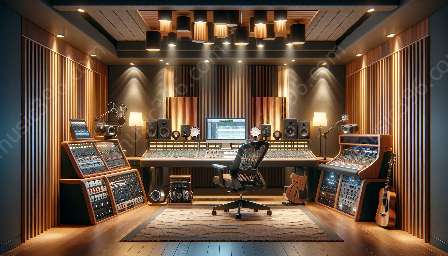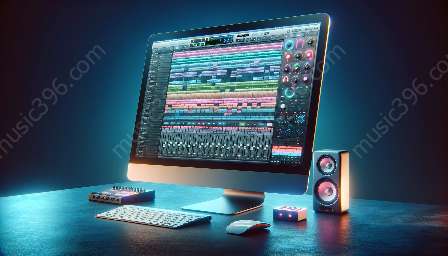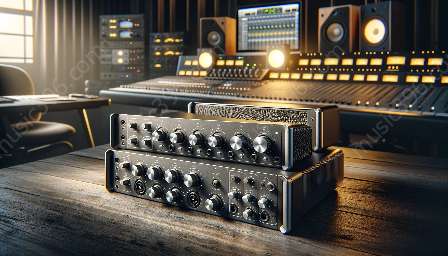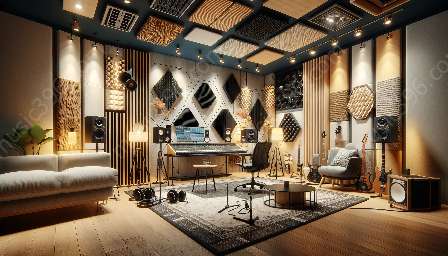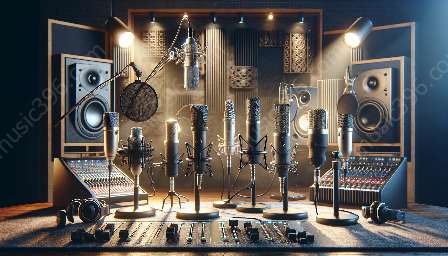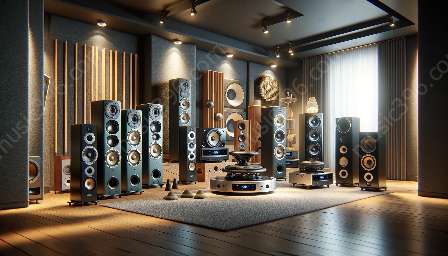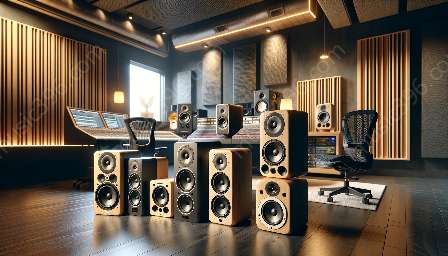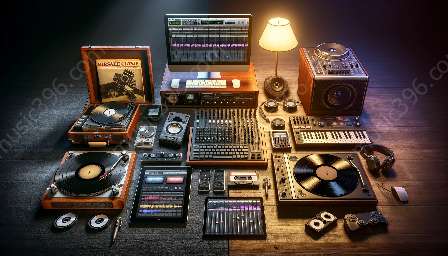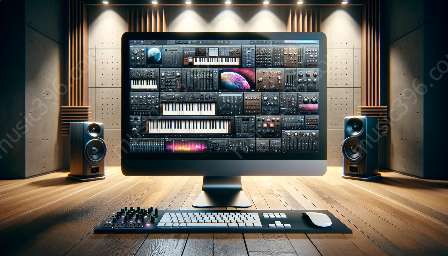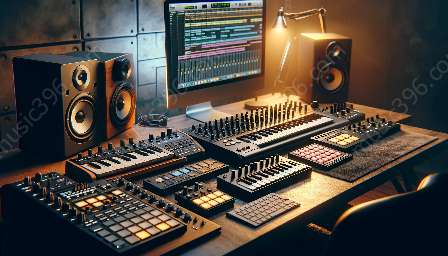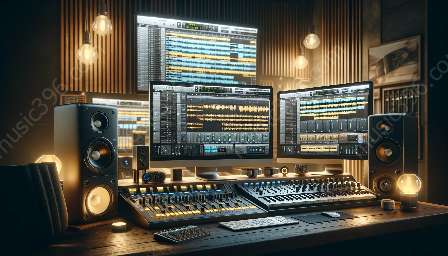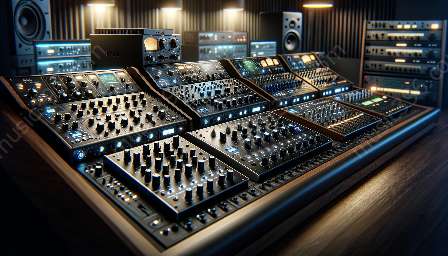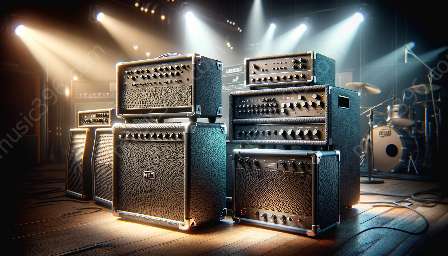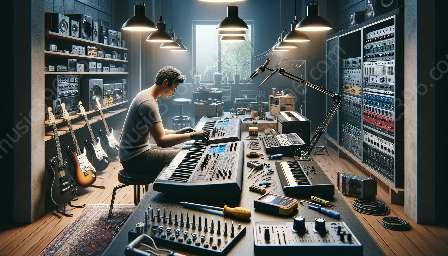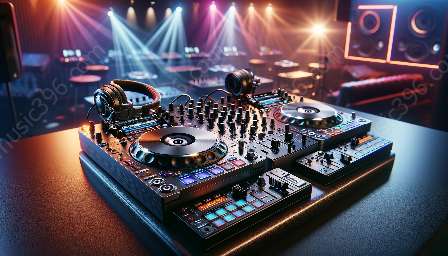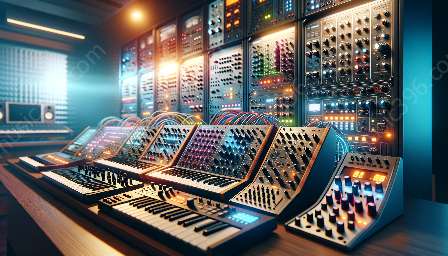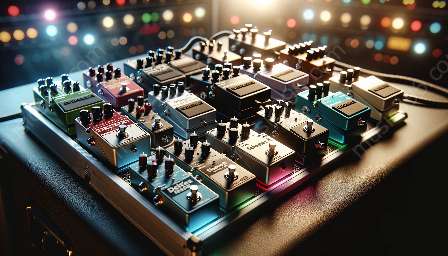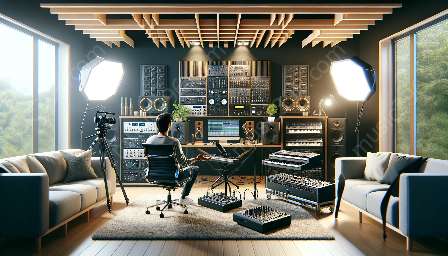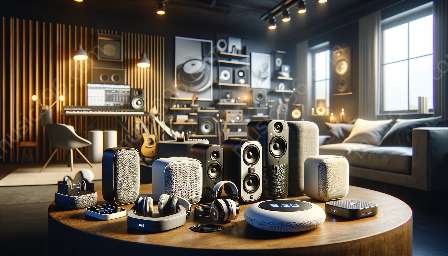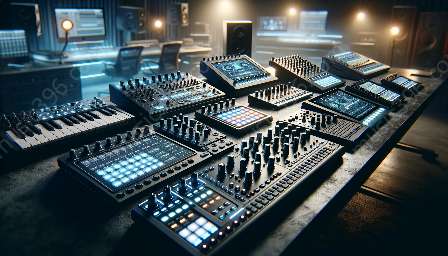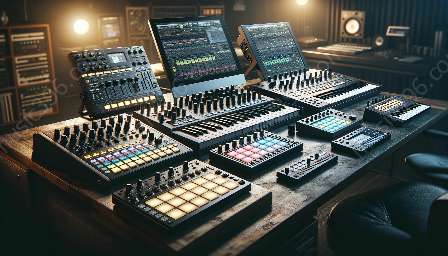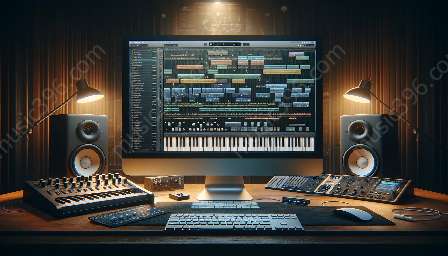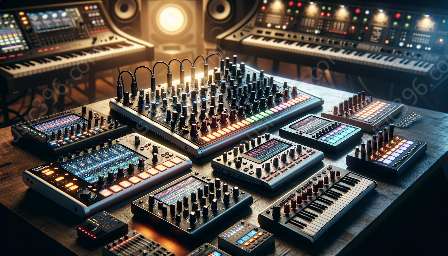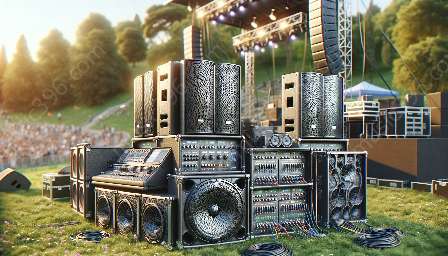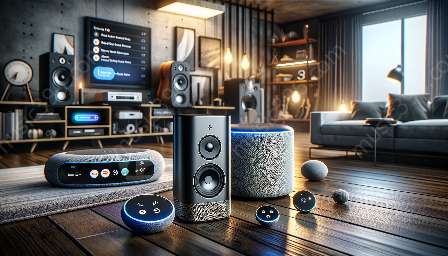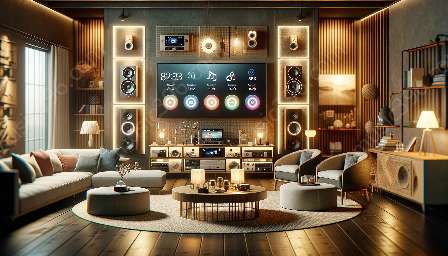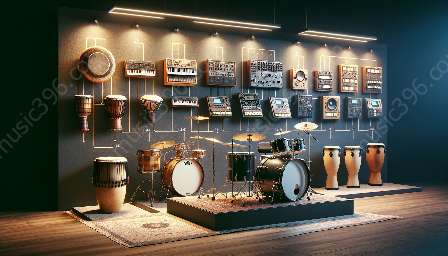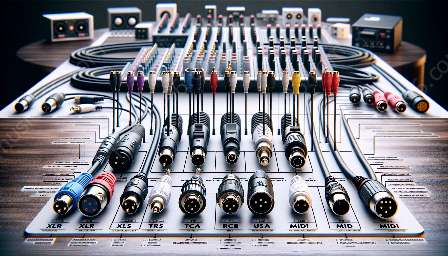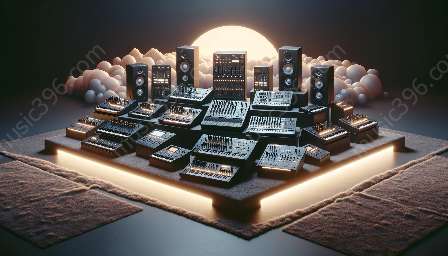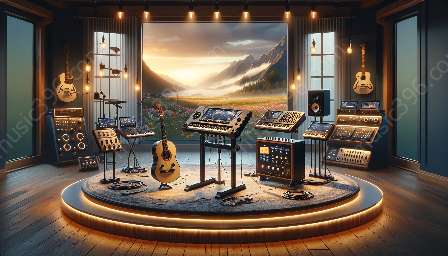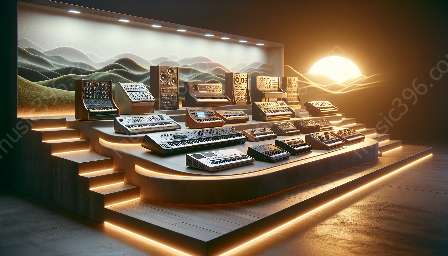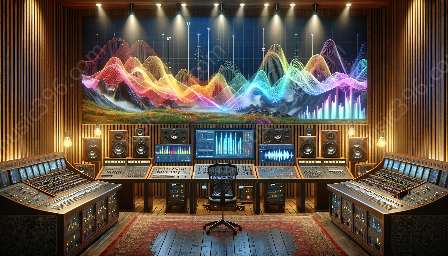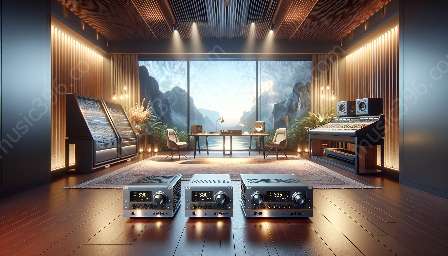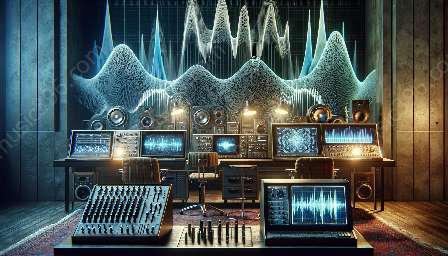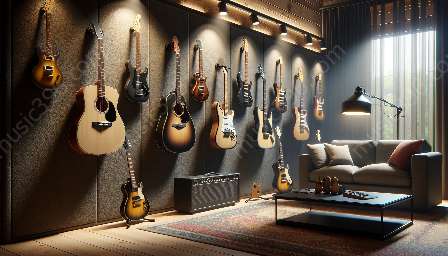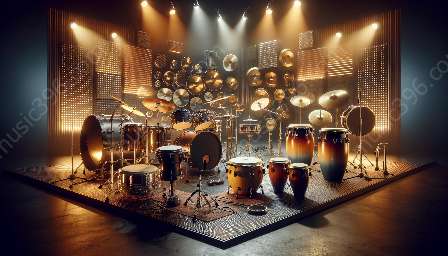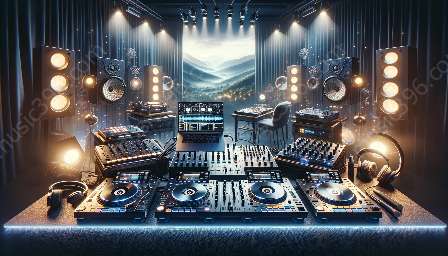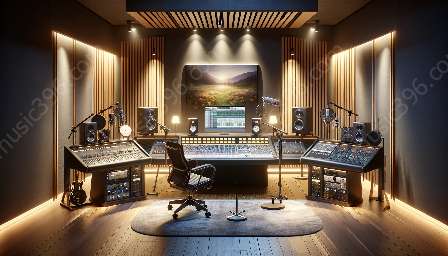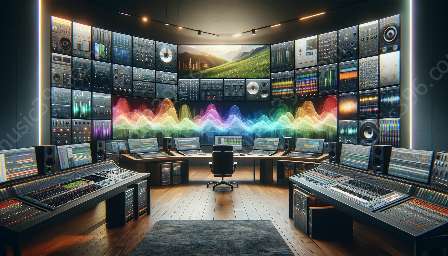Studio monitors are an essential component in the recording studio setup, and their selection plays a crucial role in determining the overall quality of music production. The right studio monitors can significantly impact the accuracy of audio monitoring, which in turn affects the final mix and mastering process.
1. Impact on Sound Quality
Selecting the appropriate studio monitors is critical for accurately representing the sound being recorded and mixed. The design, frequency response, and dispersion characteristics of studio monitors greatly influence how audio is perceived. High-quality studio monitors can provide a balanced frequency response, revealing details across the entire sonic spectrum. This accurate representation ensures that mixing decisions are based on reliable sonic information, leading to better mixes and ultimately enhancing the overall sound quality of the final product.
2. Technical Considerations
When choosing studio monitors, technical specifications such as frequency response, transient response, and dispersion patterns should be carefully evaluated. The frequency response indicates the range of frequencies that the monitor can reproduce accurately, while transient response refers to the monitor's ability to accurately reproduce fast, transient sounds such as drums and percussion. Additionally, dispersion patterns influence the way sound is distributed within the listening area. Understanding these technical aspects is crucial for selecting studio monitors that can accurately reproduce audio signals across the entire frequency range with minimal distortion.
3. Listener Fatigue and Accuracy
Well-selected studio monitors can also significantly reduce listener fatigue during long studio sessions. Fatigue can result from inaccuracies in audio monitoring, leading to ear strain and potentially impacting critical listening judgment. By choosing studio monitors with precise and balanced sound reproduction, the risk of listener fatigue is minimized, enhancing the accuracy of decision-making during the recording and mixing process.
4. Room Acoustics and Calibration
Studio monitor selection should align with the acoustic characteristics of the recording environment. Optimal performance of studio monitors is achieved through room calibration, where the monitors are adjusted to compensate for acoustic anomalies within the space. This calibration process, often supported by digital room correction systems, ensures that the studio monitors accurately represent the audio content, taking into account the acoustic properties of the room.
5. Compatibility with Music Genres
Consideration of the music genres being recorded and mixed is essential when selecting studio monitors. Different genres have distinct sonic characteristics and production requirements. For example, studio monitors suitable for mixing electronic dance music may differ from those suitable for classical orchestral recordings. It’s important to choose studio monitors that are well-suited to the specific sonic attributes and production needs of the music genres being worked on.
6. Future Expansion and Upgradability
When investing in studio monitors, it’s important to consider future expansion and upgradability. As recording studios evolve and expand their capabilities, the studio monitor selection should allow for potential upgrades or additions to the monitoring setup. This foresight ensures that the studio monitors can adapt to the changing requirements of the recording environment and accommodate advancements in music technology.
Conclusion
Studio monitor selection is a critical aspect of creating a professional and accurate monitoring environment in recording studios. The significance of choosing the right studio monitors cannot be overstated, as it directly impacts the sound quality, precision of audio monitoring, and overall success of music production. By understanding the technical considerations, room acoustics, and compatibility with music genres, recording studios can make informed decisions when selecting studio monitors, ultimately contributing to the creation of high-quality and impactful music recordings.

